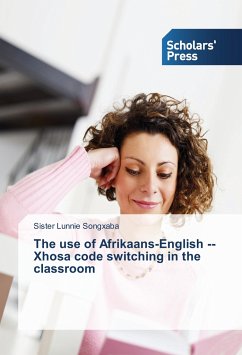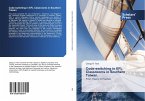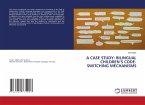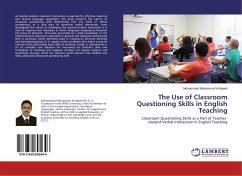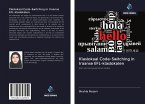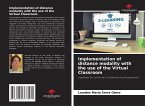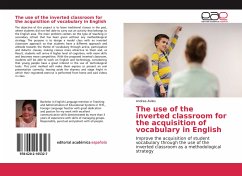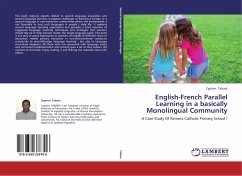Language acquisition occurs both formally (at school) and naturally (in the child's natural environment outside the classroom). While children acquire language proficiency outside the classroom in a free, code switching and relaxed mood, language acquisition in the classroom is constrained by rigid purist rules that render language learning artificial and stressful. Readers are accompanied throughout the book in the following ways: - Theoretical underpinning that offer background to the notion of code switching - South African language policies - Pedagogical importance of code switching - Presents chapters on background, methodology, findings and recommendations The author provides guidance to researchers and language practitioners on possibilities of employing code switching as a language teaching strategy, thus making this book an invaluable resource to language practitioners of today's multilingual and multicultural societies.
Bitte wählen Sie Ihr Anliegen aus.
Rechnungen
Retourenschein anfordern
Bestellstatus
Storno

